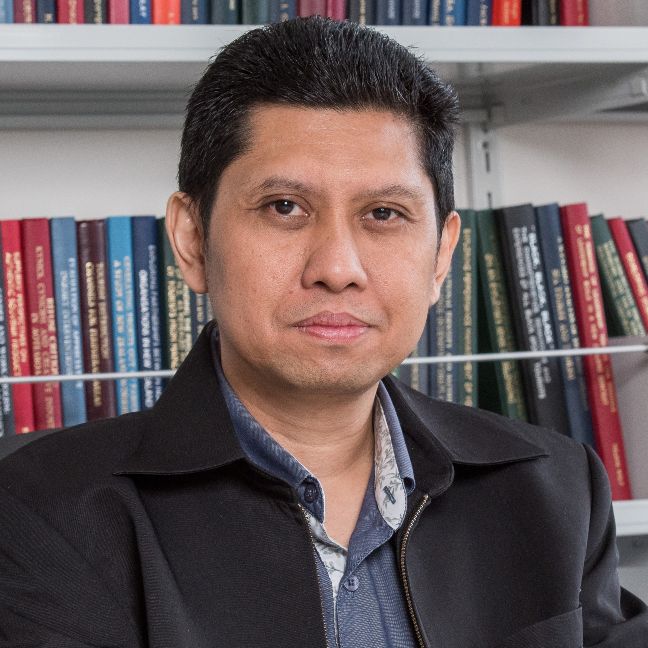Dedy Eryanto

Dedy Eryanto
Dedy completed his PhD in 2021.
Dedy’s study investigates the quality and the adequacy of the Integrity Management System (IMS) of the Indonesian Supreme Audit Institution (ISAI). The ISAI has a key role in promoting the value and benefits citizens in Indonesia obtain from the public sector. This study uses the OECD IMS as ‘an ideal system and western model’ of integrity management to assess the quality and the adequacy of the ISAI IMS both as documented (the ‘nominal’ system) and as implemented (the ‘real’ system).
The findings indicate that the nominal ISAI IMS incorporates most of the significant features of the ideal OECD IMS. However, this study also found that having a high-quality and adequate nominal system is not enough to ensure a high-quality real system.
Three significant factors were identified that are barriers and challenges to implementing an integrity management system in the Indonesian context, namely political influence, ethical leadership and culture. Firstly, strong political influence, especially in the selection process for ISAI strategic leaders, has a negative impact on the ISAI’s institutional integrity and credibility. Secondly, the selection process for leaders in the ISAI, operating through the political process, fails to produce strategic leaders with robust organisational, ethical leadership. As a result, ISAI personnel, especially auditors, perceive a lack of exemplary leadership behaviours and tone at the top. This situation makes it more difficult to implement principles of integrity within the organisation and may also impact the degree of public trust in the ISAI. Thirdly, local traditions create challenges for compliance with integrity standards developed from a mature western perspective. The OECD’s integrity system applies Weber’s ideal bureaucracy theory to developing organisational integrity, which has a limited fit with Indonesian culture and reality.
For the successful implementation of integrity management in a public sector organisation, a complete instrument of integrity is not enough. A strong ethical leadership is needed to show intention, commitment and to guide members of an organisation.
Read a recent publication from Dedy here.
